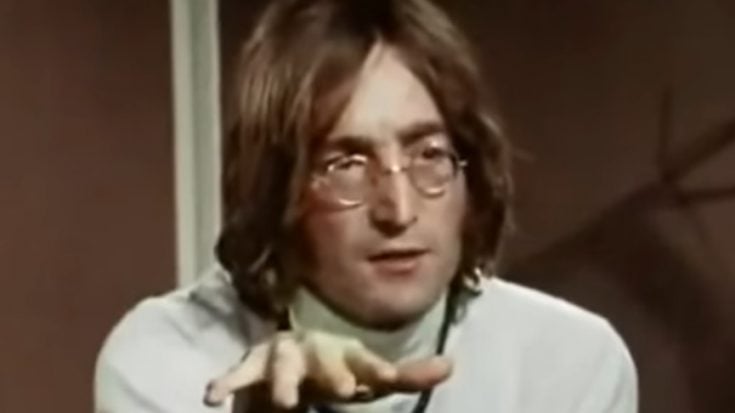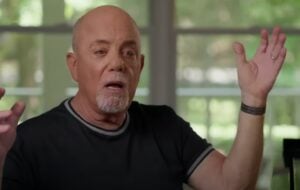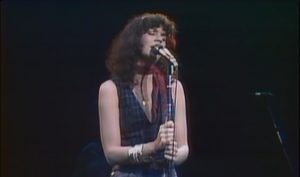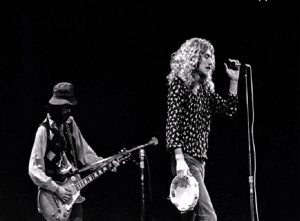Why John Lennon Objected To Majority Of “Abbey Road”

John Lennon in a 1968 interview - DrSalvadoctopus / Youtube
The Beatles’ Abbey Road will forever remain a landmark album, marking the final recording sessions for the legendary band. While the sessions themselves were a welcome change from the tensions of The White Album and Let It Be, not everything went smoothly.
Despite a seemingly more positive atmosphere, John Lennon found himself at odds with much of the finished product. This period in The Beatles’ career was marked by growing internal friction. Lennon, increasingly focused on his own artistic pursuits, was distancing himself from the band’s collaborative spirit.
This shift in dynamics would significantly impact the creation of “Abbey Road” and contribute to Lennon’s dissatisfaction with the final album.
John and Paul’s diverging paths
By the time The Beatles began recording Abbey Road, the songwriting partnership between John Lennon and Paul McCartney had fractured. While they still shared a writing credit, their creative visions had diverged significantly.
Lennon, increasingly focused on his own artistic direction, disapproved of the songs McCartney contributed to the album.
Producer George Martin, reflecting on the sessions in The Beatles Anthology, revealed the growing tension: “I tried to get Paul to get back into the old Pepper way of creating something really worthwhile and we put together the long side.”
However, this collaborative effort backfired, with Lennon objecting strongly to the album’s second side, which primarily featured McCartney and Martin’s work with minimal contributions from the other Beatles.
Lennon’s clash with the Abbey Road concept
John Lennon’s vision for Abbey Road stood in stark contrast to the album’s eventual direction. He vehemently opposed the concept album format, preferring a collection of strong individual songs.
“An album to me is a bunch of records that you can’t have — I like singles myself,” he declared. This preference for individual tracks clashed with Paul McCartney’s desire for a cohesive, thematic experience.
Despite his reservations, Lennon remained committed to the project. Martin noted his dedication, as he shared that Lennon worked diligently even on the parts of the album he did not like.
This dedication, coupled with the inherent tension surrounding the album’s concept, highlights the complex dynamics at play during the recording of Abbey Road.
John believed he should have been the one to sing “Oh! Darling”
While Paul poured his heart and soul into recording “Oh! Darling” for Abbey Road, John remained unconvinced by the final product.
McCartney reportedly spent a week purposefully straining his voice to achieve a specific raspy effect, a decision that didn’t resonate with his fellow Beatle.
In an interview published in All We Are Saying: The Last Major Interview With John Lennon and Yoko Ono, Lennon expressed his belief that he could have delivered the song more effectively. He stated, “‘Oh! Darling’ was a great one of Paul’s that he didn’t sing too well. I always thought I could’ve done it better – it was more my style than his.”
While acknowledging McCartney’s authorship, Lennon went on to say that if the former really thought about it, “he should have let me sing it”.
He defended Phil Spector’s work on Let It Be
Despite Abbey Road being their final recording session, The Beatles released Let It Be last. While Paul McCartney harbored significant reservations about the album, John Lennon fiercely defended it, particularly Phil Spector’s production choices.
Lennon believed Spector’s work elevated the album from mediocrity and dismissed criticisms of his involvement.
In an interview, Lennon challenged those who disapproved of Spector’s production: “If anybody listens to the bootleg version, which was the version which was pre-Spector, and listens to the version Spector did, they would shut up.”
He emphasized the poor quality of the pre-Spector recordings, stating, “The tapes were so lousy and so bad none of us would go near them to touch them. They’d been lying around for six months.” This stark contrast, according to Lennon, solidified Spector’s role in salvaging the album.
However, McCartney’s strong disagreement with this perspective, culminated in his own Let It Be… Naked release in 2003, further highlights the creative clashes that ultimately led to the band’s dissolution.
https://twitter.com/mylovelife0617/status/1342687888530534400












